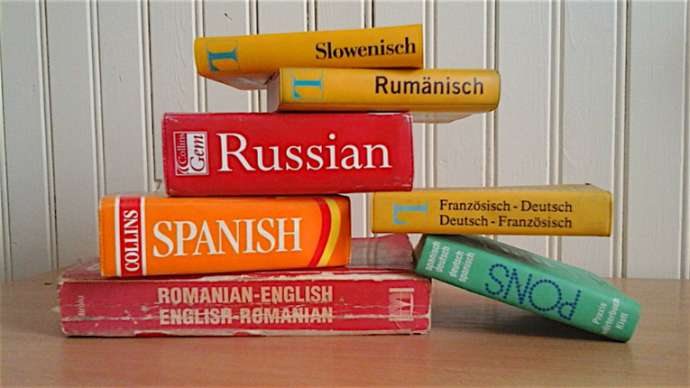STA, 14 March 2019 - Translators, interpreters and copy editors have produced a white paper on translation to urge more regulation to raise standards governing language-related professions.
The document is a basis for dialogue with Slovenian decision-makers, Barbara Pregelj, one of the 41 women authors behind the project, told the STA on Thursday.
It analyses the situation in these language-related professions, outlines systemic and specific challenges, and brings cases of best practice.
As well as this, it puts these professions into an European framework, explained Pregelj, a member of the project's steering committee.
Since these professions are not regulated, those practising them are often self-employed, which puts them in a weak negotiating position.
Non regulation leads to problems such as precariousness and poor working conditions, affecting the profession's reputation and resulting in poor-quality services.
The document thus calls for regulating the profession of freelance translator and copy editor by setting down the lowest level of education and basic qualifications.
It calls for legislation to determine prices, for overhauling public procurement rules so as not to favour the lowest price and for introducing a sample contract.
A national registry of professional translators, interpreters and copy editors should also be set up, and more oversight introduced of non-professional interpreters, translators and copy editors.
Pregelj pointed to the importance of translation and interpreting for a two-million nation which speaks Slovenian, a language which has globally only few speakers.
"Translation has constituted Slovenian literature and culture and together with interpreting, it articulates it abroad as well as at home."
This makes the White Paper more than just an expression of a demand for giving translation, interpreting and copy editing more credit in Slovenian society, she believes.
While the focus is on translators and interpreters, the White Paper is conceived broader to include copy editors and language advisers, as these fields are interwoven.
The document has been compiled over the past year in collaboration with associations of translators and interpreters plus all Slovenian universities.
It will be presented to the public on 23 April, World Book and Copyright Day.







